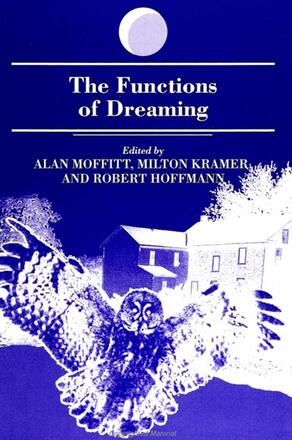
The Functions of Dreaming
Alternative formats available from:
Description
Many contemporary neuroscientists are skeptical about the belief that dreaming accomplishes anything in the context of human adaptation and this skepticism is widely accepted in the popular press. This book provides answers to that skepticism from experimental and clinical psychologists, psychiatrists, neurologists, and anthropologists. Ranging across the human and life sciences, the authors provide provocative insights into the enduring question of dreaming from the point of view of the brain, the individual, and culture. The Functions of Dreaming contains both new theory and research on the functions of dreaming as well as revisions of older theories dating back to the founder of modern dream psychology, Sigmund Freud. Also explored are the many roles dreaming plays in adaptation to daily living, in human development, and in the context of different cultures: search, integration, identity formation, memory consolidation, the creation of new knowledge, and social communication.
Alan Moffitt and Robert Hoffmann are Professors of Psychology in the Department of Psychology and are co-directors of the Laboratory of Sleep and Chronopsychology at Carleton University in Ottawa, Canada. Milton Kramer is Director of Sleep Disorders at Bethesda Oak Hospital in Cincinnati, Ohio.
Reviews
"Understanding dreaming is essential to a comprehensive account of the nature of the mind. After all, we spend a third of our lives sleeping; as the chapters of this book amply demonstrate, important mental activity goes on during sleep, and psychology cannot be complete as long as it ignores the mind asleep and dreaming. The editors have done a commendable job of bringing together a wide variety of views of the 'elephant of the dark. ' I found reading the book a stimulating and rewarding experience, and I believe others will too. " — Stephen LaBerge, Stanford University
"Moffitt, Kramer, and Hoffmann, each highly respected in his field, have gathered together a group of respected and scholarly authors to create a book that reflects the 'state of the art' in scientific research on the dreaming process. Functions of Dreaming provides a lucid, empirically based, methodologically informed, and theoretically alive presentation of fundamentally significant issues in the field which should challenge any rational skeptic's doubt regarding the bio/affective/cognitive significance of the dreaming process. " — Robert E. Haskell, University of New England